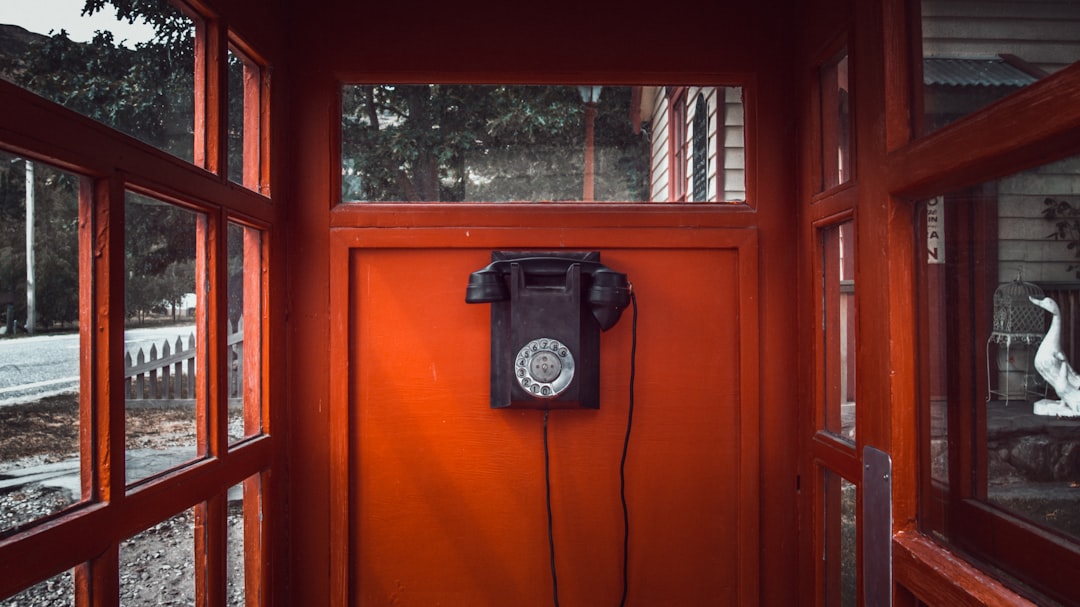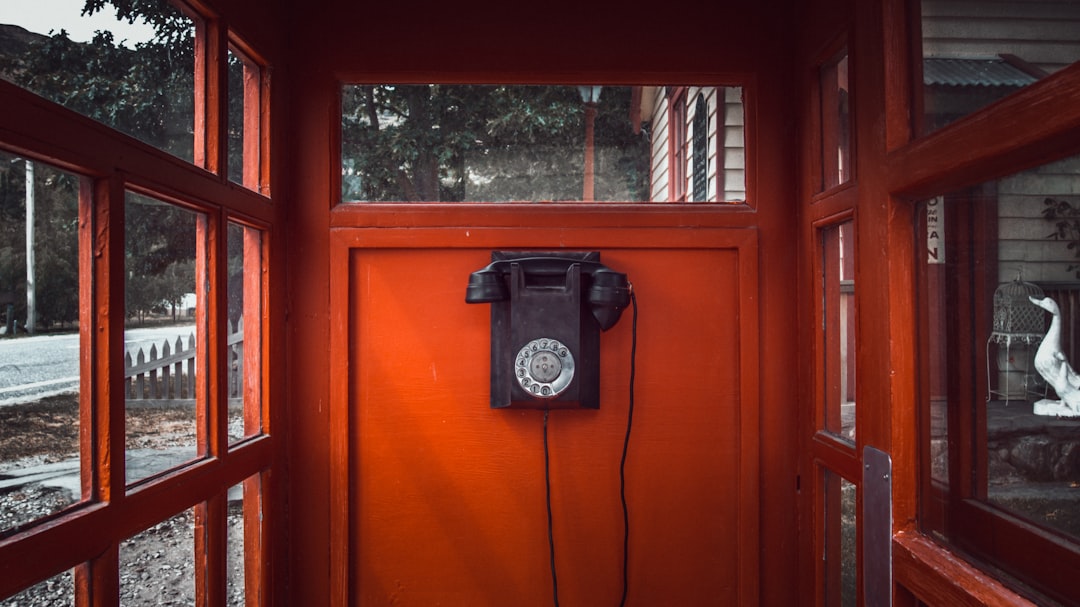Spam calls, a national issue, disrupt lives in Illinois, where the Telephone Consumer Protection Act (TCPA) offers consumer protection. To stop spam calls, residents can register on Do-Not-Call lists, block numbers, and consult with specialized spam call law firms or lawyers who can guide them on their rights and available remedies under the TCPA. Proactive measures like cautious information sharing and verifying call legitimacy further protect against unwanted spam.
In Illinois, the persistent deluge of spam calls has become a pressing concern, eroding consumer trust and disrupting daily life. This article explores the intricate connection between unwanted phone solicitations and local residents’ faith in their community. We delve into the legal framework surrounding spam calls, including Illinois’ stringent regulations and consumer rights under the TCPA. Furthermore, practical strategies to combat this nuisance are presented, offering hope for Illinoisans to reclaim their communication channels and restore trust in a technology-driven era. Discover how a spam call law firm or lawyer in Illinois can assist in navigating these complex issues.
Understanding Spam Calls and Their Impact on Illinois Consumers

In Illinois, as across the nation, spam calls have become a persistent nuisance, affecting millions of consumers daily. These unwanted phone calls, often promoting products, services, or scams, can disrupt individuals’ lives and erode trust in local communities. The sheer volume and persistence of spam calls can lead to increased stress, wasted time, and even financial losses for those who fall victim to deceptive practices.
Given the prevalence and impact of spam calls, understanding their legal implications is crucial. Illinois has implemented strict regulations, such as the Telephone Consumer Protection Act (TCPA), aimed at curbing these intrusive practices. A Spam Call law firm or lawyer specializing in TCPA cases in Illinois can provide guidance on how to stop spam calls effectively, ensuring consumers’ rights are protected and local trust restored. By leveraging legal avenues, residents of Illinois can take proactive steps to mitigate the effects of spam calls and enjoy a more peaceful and secure communication environment.
Legal Aspects: Spam Call Laws in Illinois and Consumer Rights

In Illinois, the fight against spam calls is regulated by the Telephone Consumer Protection Act (TCPA), a federal law designed to curb intrusive telemarketing practices. This legislation grants consumers substantial rights, including the ability to bring legal action against violators. Individuals in Illinois who are plagued by unwanted spam calls have legal avenues to explore. A spam call law firm or experienced spam call lawyers can guide victims through the complex TCPA regulations and help them understand their entitlements.
By understanding the how to stop spam calls Illinois methods, residents can protect themselves from these intrusive practices. This may involve registering on Do-Not-Call lists, blocking numbers, or seeking legal assistance to enforce their rights. It’s crucial for consumers to know that they are not powerless against spam calls; with the right support, they can navigate the spam call law firms Illinois and hold perpetrators accountable.
Strategies to Combat Spam Calls and Restore Trust Among Illinois Residents

To combat spam calls and restore consumer trust in Illinois, residents have several options at their disposal. One effective strategy is to enroll in the National Do Not Call Registry, which prevents telemarketers from contacting you. Additionally, using call-blocking apps or software can significantly reduce unwanted calls. Many modern phone plans also offer built-in call filtering features that can be activated.
For more robust protection, Illinois residents can consult with a spam call law firm or lawyer specializing in TCPA (Telecommunications Consumer Protection Act) cases. These legal professionals can guide individuals on their rights and available remedies against spam callers. Proactive measures, such as being cautious about sharing personal information and verifying the legitimacy of calls before responding, can further bolster consumer defenses.






